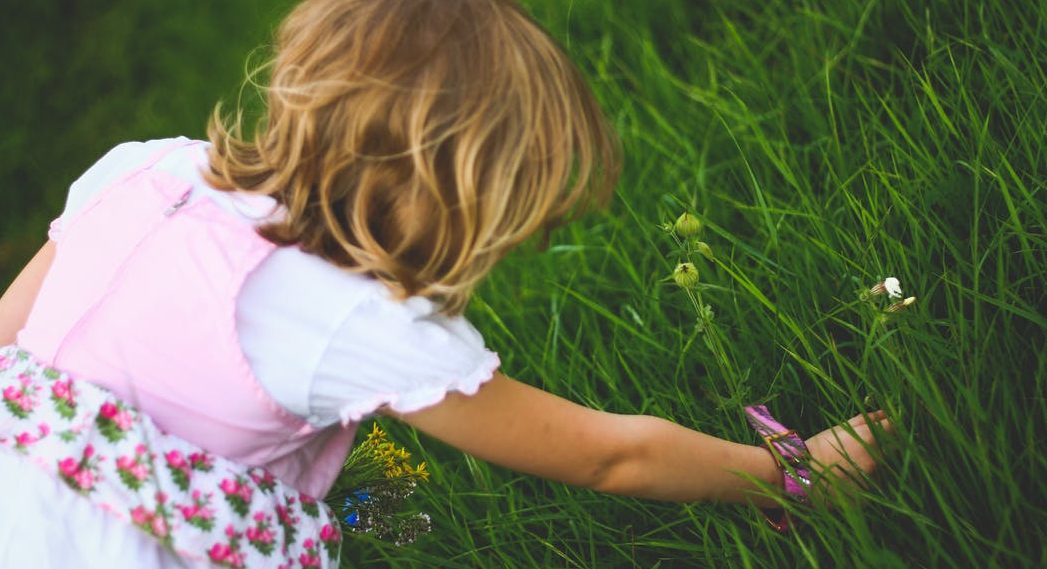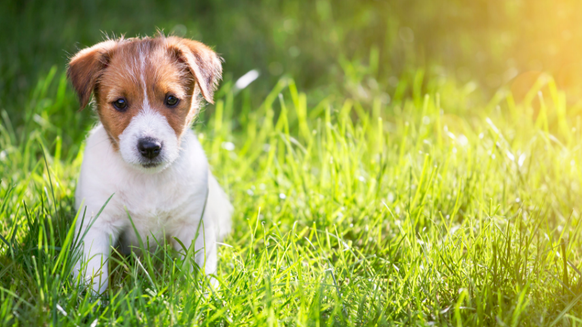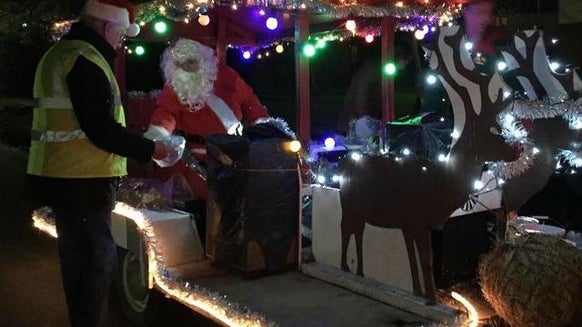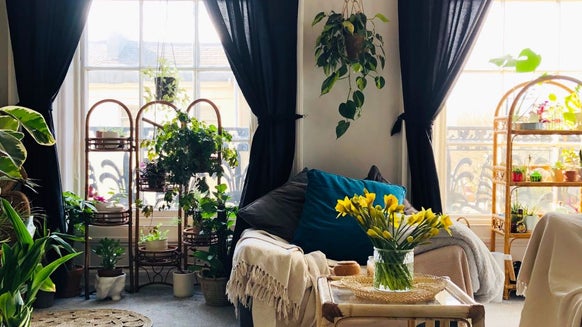How to Get Your Kids Interested in Wildlife Conservation

According to recent studies by the RSPB, over half of UK wildlife is in decline; including some of our most loved animals such as puffins, barn owls and water voles. The summer holidays are fast approaching, so, it's the perfect time to get your kids interested in wildlife conservation and make a difference.
Get outside and see nature in action
Getting your little one out and into nature is an easy way of instilling a love and appreciation for it from the start. Take a day out to the beach and try to identify the different seabirds and seashells. Or, take a walk in the woods and spot all the different trees and wild animals, birds and insects. You could even get out to the park and see what bits of nature you can find!
When you're out and about, be sure that your kids understand the importance of respecting the nature they're enjoying, and leave everything as they found it!

Turn your garden into a wildlife haven
Develop a love of nature in your backyard, literally! Having a garden that's a mini-sanctuary for wildlife not only is doing good for nature and leading by example but shows your little ones the massive variety of wildlife that even a back garden has to offer when we nurture it.
Plus, give your garden a little love and check out our blog on making a wildlife-friendly garden
Bedtime Stories
Bedtime stories are a great way of getting your child engaged with nature by bringing it to life and teach lessons of conservation. There are plenty of stories available online to teach children the value of conservation as well as associating personalities and characteristics to animals. This helps them understand the benefits of conservation and looking after wildlife more.
Can't get outside? Pop David Attenborough on
We're aware that the Great British doesn't always lend itself to jollies on the beach or wanders through the woods. If you don't feel like braving the great outdoors, or you can't get out and about, nature documentaries are a great way of showing how incredible nature is and also often point towards the importance of nature conservation.

Have honest conversations
Simply sitting down and talking to your little ones about how they are responsible for looking after the nature they enjoy is important for them in order to understand the impact of their decisions. They don't have to be serious or scary, simply showing them to throw away rubbish when outside or to refill bird feeders are easy lessons!
Showing your child how you look after the environment and encouraging them to copy your actions is a great way of setting a precedent as they're more likely to pick up a habit if it is shown in a parent or older sibling.
Get crafty
Why not work together on crafting a bird box or a bughouse? Working on something practical is a great way of teaching the lesson and will give you time to explain why we need to look after birds and bugs. Plus, your little one will be able to see concrete results of their actions as wildlife make their home but be sure to stress that it will take some time and that patience is required!

Fundraising and animal adoption
As part of setting a good precedent for future, encouraging charitable donations and explaining the impact of this is an important part of getting kids interested in wildlife conservation.
Many charities will let you 'adopt' an animal, often an endangered species, by sending a monthly sponsorship so your little one can feel like they're having a direct impact as well as learning about the animal along the way.
Learn the names for nature
A great way of building little ones' appreciation for nature is to help them learn all about it so they can identify species and form an attachment to nature.
Why not put together a treasure hunt in your garden with a checklist of different species and attached pictures? It's a great way of getting them excited about a whole host of wildlife.

RSPB Wild Challenge
The RSPB have created the Wild Challenge as "a challenge for you to connect with the natural world in brave new ways - to reach out and touch it and meet it head-on, up-close and personal". There are a whole host of activities you and your little ones can get up to which help you work towards a bronze, silver or gold award.
Not only is this a great way of incentivising an interest in wildlife for little ones, it offers a huge amount of inspiration for activities you can get involved in to get your kids interested in wildlife conservation.
That's all for our top tips on getting your kids interested in wildlife conservation! We hope you and your little ones have a fun-filled summer full of wonderful nature experiences. If you follow along with any of these tips, don't forget to let us know on Facebook, Twitter and Instagram!








